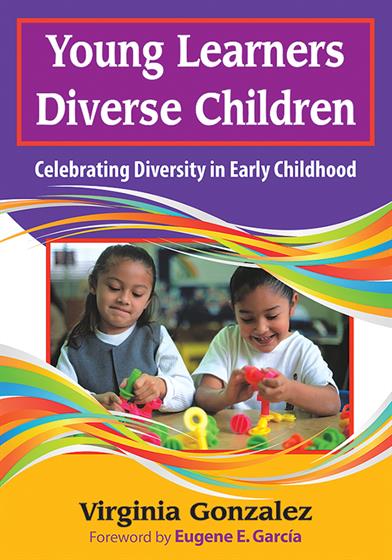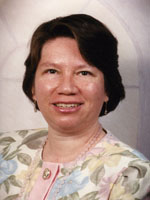Lists of Figures and Tables
Foreword by Eugene E. Garcia
Preface: A Letter to the Reader
Acknowledgments
About the Author
Part I. Ethnic-Educator Philosophical and Theoretical Framework
1. The Ethnic-Educator Philosophy
Examples of Principle 1
Examples of Principle 2
Examples of Principle 3
Examples of Principle 4
2. The Ethnic-Educator Pedagogical Model
How Teachers' Personalities Affect Their Assessment and Instructional Decisions
A Socioconstructivistic Pedagogical Model Supporting the Ethnic-Educator Approach
The Four Pedagogical Principles for Learning and Academic Achievement
Part II. Educational Applications of the Ethnic-Educator Approach
3. Teaching Strategies
Strategies Supporting the Ethnic-Educator Approach
First Cluster of Pedagogical Strategies: Thematic Curriculums
First Cluster of Pedagogical Strategies: Holistic Developmental Curriculums
Second Cluster of Pedagogical Strategies: Stimulating Critical-Thinking Skills
Second and Third Clusters of Pedagogical Strategies: A Pluralistic Pedagogy Stimulating Connections to Prior Sociocultural Knowledge and Real-life Experiences
Fourth Cluster of Pedagogical Strategies: An Advocacy Position for Teachers
Suggestions for Applying the Strategies
4. Linking the Teaching Strategies With Academic Content Standards
Linking Assessment to Instruction Through Classroom-Based Observations
Instructional Purposes of Assessment
Integration of Teaching Principles With TESOL Academic Content Standards in the Curriculum
Linking Assessment to Instruction Through Classroom-Based Observations
5. Developmental Tasks for Linking Assessment to Instruction
Case Study Introducing Individual Developmental Tasks
Discussion of Paula's Overall Performance Across Developmental Tasks
6. Storytelling
Research-Based Knowledge Supporting Storytelling as an Alternative Assessment
Storytelling as an Assessment Method of First- and Second-Language and Cognitive Development
Developmental Stages of Narrative and Semantic Development in Children
Socioconstructivist Perspective for Language Development
Sociocultural Perspective for Language Development
Application of Research-Based Knowledge to Actual Assessment Strategies
Recommended Strategies for Clustering Coding of Responses
Four Recommended Strategies for Interpreting Evaluation Results
Conclusions
7. Alternative Reading Instruction
Introduction
Theoretical Framework Supporting Reading Instruction in Young, Diverse Children
Guided-Reading Approach for Developing Reading-Comprehension Skills
Application of the Guided-Reading Approach
Application of the Schema Theory
Repetition and Practice Make Perfect
Activities for Increasing Reading Abilities
Family Involvement for Increasing Reading Skills
Bridging the Gap Between School and Home Cultures Through Parental Participation
Conclusions
8. Conclusions and Recommendations for Educating Diverse Young Children
Introduction: The BPDC as a Learning Context
Interviews With Teachers Participating in the BPDC Project
Interviews With Diverse and Mainstream Parents Participating in the BPDC Project
Overall Conclusions
Appendix A. Alignment of Philosophical and Pedagogical Principles and Pedagogical Strategies Endorsed by the Ethnic-Educator Approach for Young, Diverse Children
References
Index



